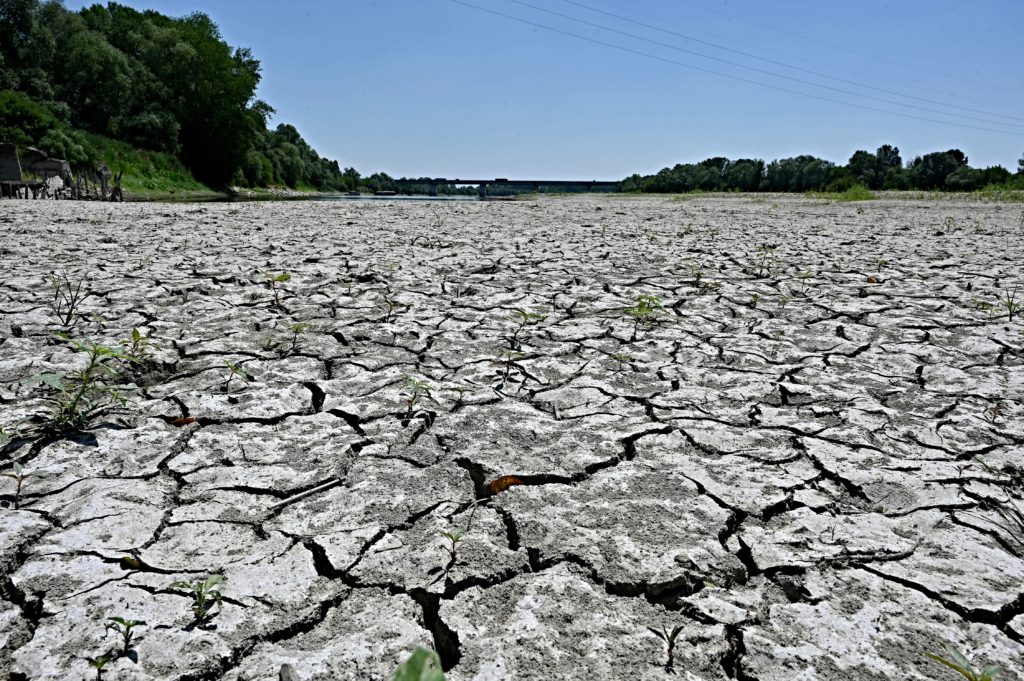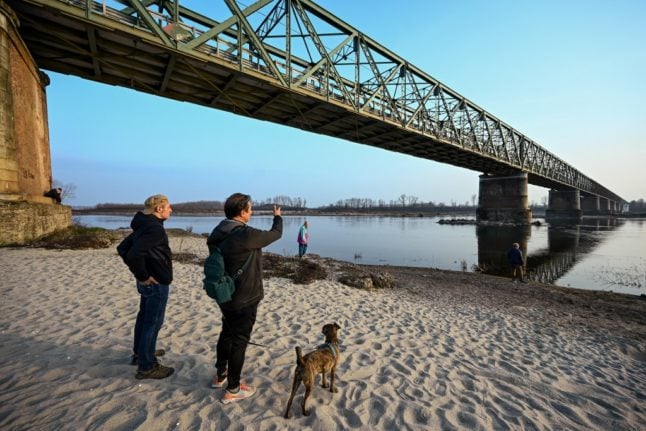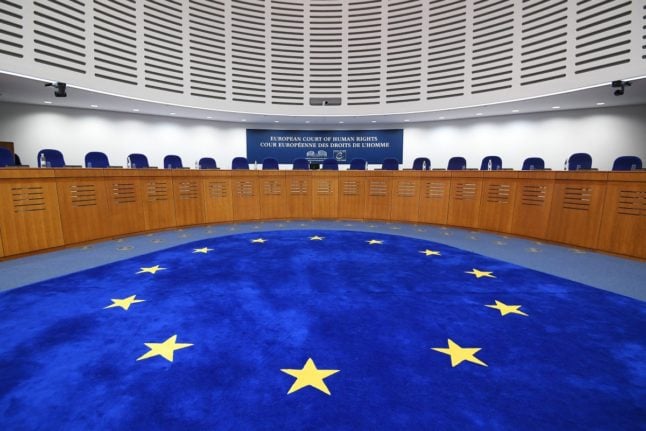Households in some parts of Italy could face having their tap water supply limited in the coming months after dry weather led to a winter drought, Italy’s ANBI water resource association has warned.
“According to the data we have available, it is reasonable to believe that the tap water of at least three and a half million Italians cannot be taken for granted,” said ANBI President Francesco Vincenzi in a report published on Thursday.
READ ALSO: Why Italy is braced for another major drought this spring
He cited data from Italy’s National Research Council (CNR) which said between six and 15 percent of Italy’s population lives in areas exposed to severe or extreme drought.
The worst affected areas are expected to be northern Italian regions including Piedmont and Lombardy, which were among the parts of the country hit by water shortages in spring 2022.
The Italian government will hold a crisis meeting on Wednesday, March 1st, to discuss plans for mitigating the impact of the water shortage, Italy’s Corriere della Sera newspaper reported.

“The problem of drought is serious,” Corriere quoted Environment Minister Gilberto Pichetto as saying.
“We’ve only had half of the average amount of snow. We find ourselves with watercourses, lakes and reservoirs in a very critical state, and hydroelectric basins in extreme difficulty.”
The head of Italy’s department for civil protection, Nello Musumeci, said Italy needed “a realistic rationing plan”.
In summer 2022, the government declared a state of emergency in five Italian regions after a drought followed by early and particularly severe heatwaves left Italians lakes and rivers parched.
As a result, towns in regions including Piedmont, Liguria, Lombardy and Trentino last summer introduced water-rationing measures ranging from nightly restrictions on tap water to bans on using water for washing cars and filling swimming pools.
The low level of rain and snowfall this winter has only exacerbated the situation, ANBI said, meaning things could be worse in 2023.
READ ALSO: The three Italian regions hit hardest by the climate crisis
The level of the Po, Italy’s biggest river, was at a record low, while rivers and lakes in central Italy were also under “extreme stress”, it added.
Melting snow is an important source of water for many areas in spring and summer and the lack of it this year is expected to prove problematic.
Alpine snow is Italy’s most important water reserve, since it supplies the Po River basin.
Whether or not Italy will face a drought as serious as last year is expected to largely depend on weather conditions in the next three months, which are usually the rainiest time of the year for many regions in the north.
ANBI said Italy must immediately plug the holes in its aqueducts, which it said lose 40 percent of water to leaks, and build new reservoirs to collect rainwater if it wants to prevent regular water shortages in future.



 Please whitelist us to continue reading.
Please whitelist us to continue reading.
Member comments